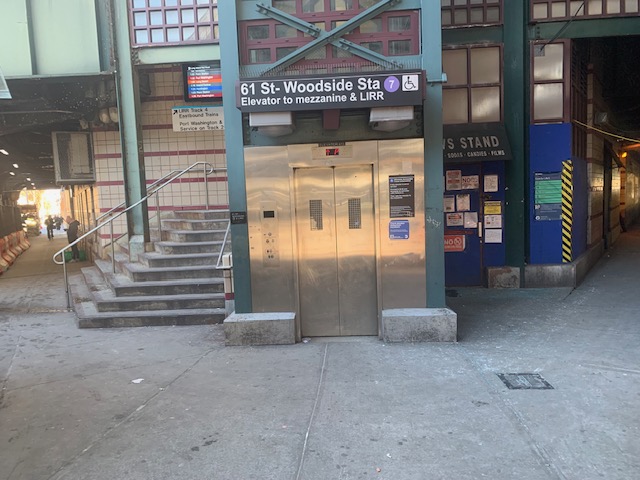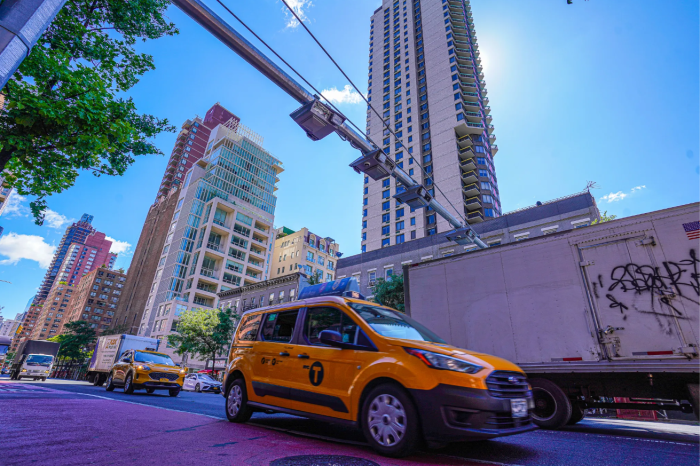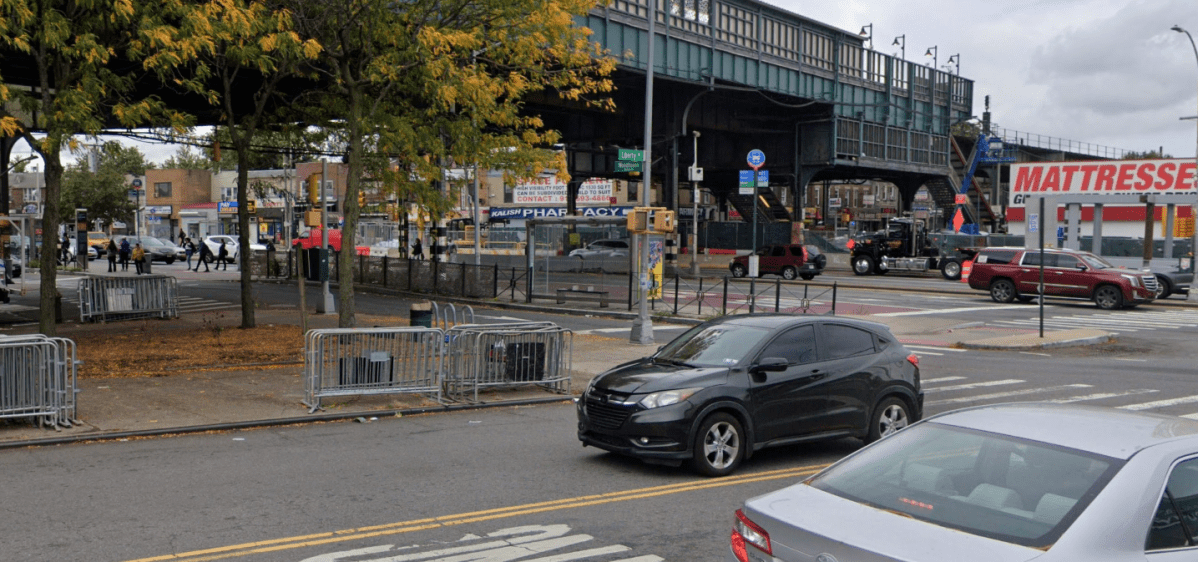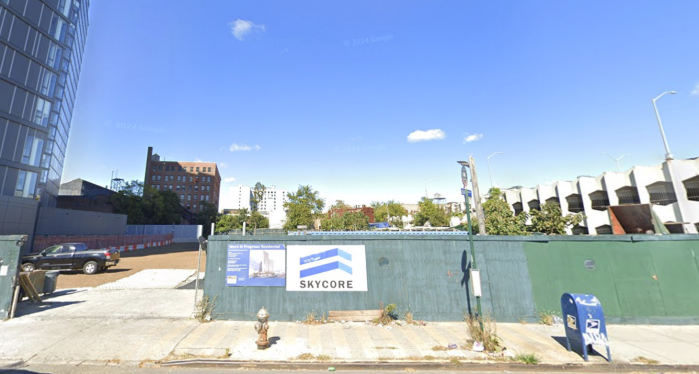The technology behind London’s pioneering digital fare payments could find its way to New York City mass transit.
Transport for London (TfL) and Cubic, operators of London’s fare payment, announced a licensing agreement on Wednesday that will allow Cubic to sell the city’s contactless ticketing system to transportation agencies across the world—with the MTA on top of the wish list.
The deal, worth an estimated $19.7 million, was struck to help London Mayor Sadiq Khan deliver on his promise to freeze transit fares in the city. Cubic, which also operates the MetroCard as well as ticketing systems in cities like Chicago, Sydney and Brisbane, needed to come to an agreement with TfL in order to incorporate a “vast array” of back-office features from London’s fare payment technology that belonged to TfL.
“This license allows us to create a best-of breed system to use as a baseline for other cities,” said Matt Cole, Cubic president. “We can take the experience of what we’ve seen with millions of people using London’s system and millions people of using Chicago’s system and see what elements are working best.”
In April, the MTA took its first step in what will be a long phase-out of the MetroCard when it announced a request for proposals for a new payment system that would allow for its customers to pay fares with contactless bank cards, smartphones or a smartcard against an electronic reader.
Cubic submitted its bid to the MTA after its deal on Wednesday — the last day before the close of bidding.
When asked about the submission, MTA spokesman Kevin Ortiz said it was too early to speculate on the RFP process.
Last week, the MTA announced a summer rollout for e-ticketing on Metro-North and the Long Island Railroad through eTix, an app from mobile ticketing company Masabi, which has also submitted a bid to replace the MetroCard.
Through the app, commuter rail riders will also have the opportunity to make digital transfers onto the subway system as part of a pilot to come in 2017.
“The sweet spot the MTA needs to find is fare payment technology that is modern and adaptable but also tested, so we know it won’t go haywire when we start to implement it,” said John Raskin, executive director at Riders Alliance, in an email. “That could be possible in a newly built system, but it could also be possible in a system that has been used elsewhere.”


































